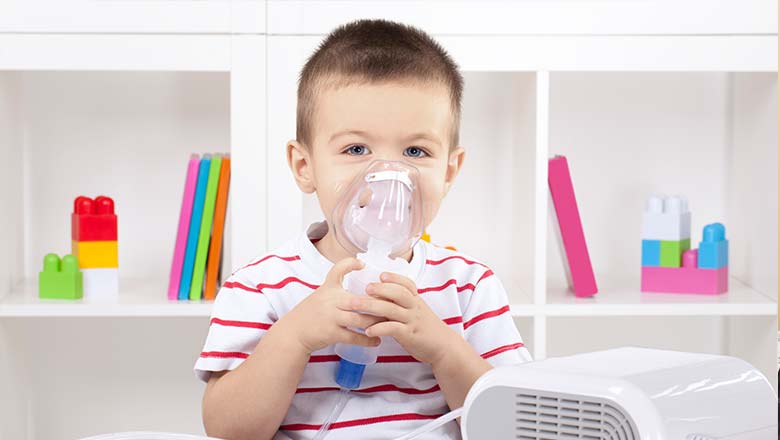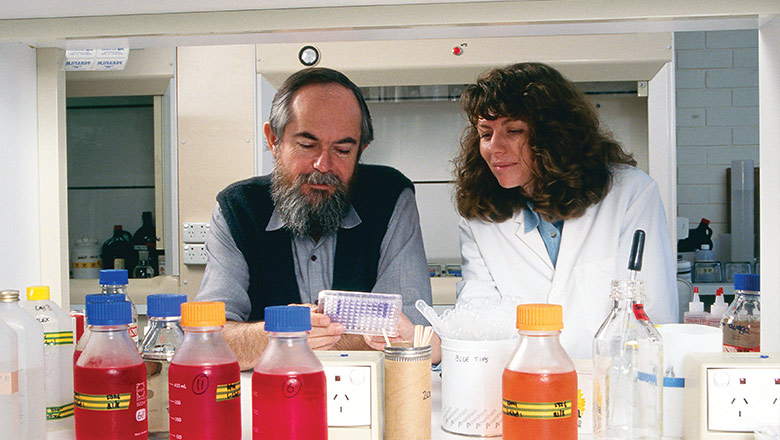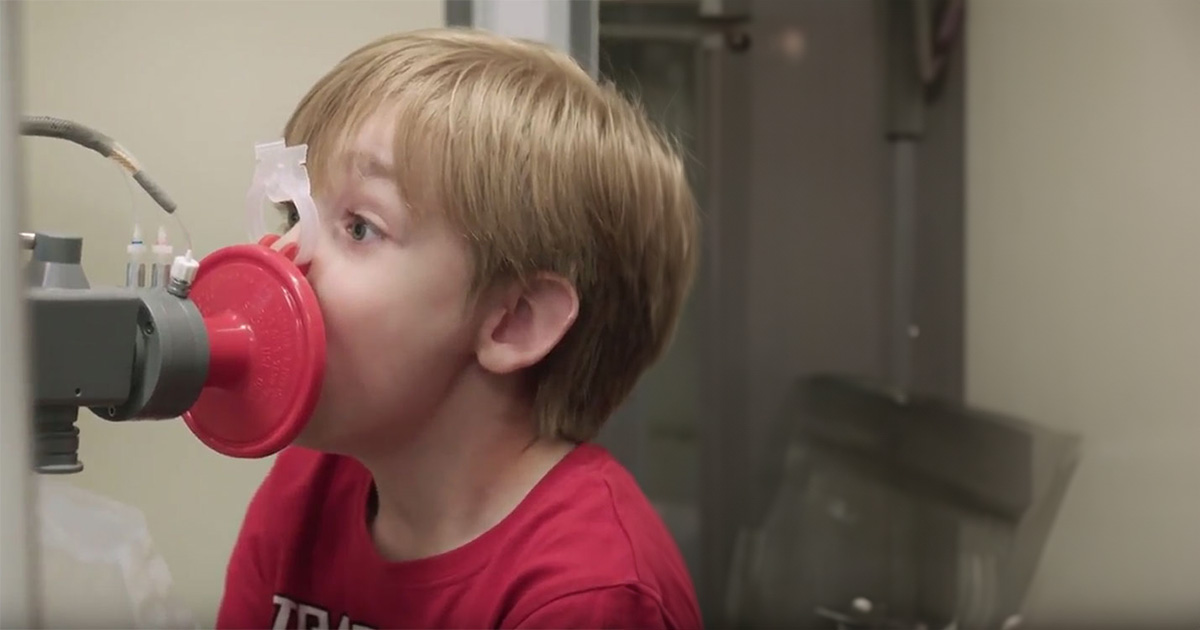Search
News & Events
Call for mental health support for kids with asthmaA new study has found that young children with severe or persistent asthma are at higher risk of developing many common mental health problems.
News & Events
Chance to prevent asthma missedTwo Australian scientists are spearheading an international campaign that's challenging the way asthma drugs are developed and tested.

News & Events
Overseas trip will help unlock the asthma puzzleOne in ten Australians have asthma and Dr Kimberley Wang from The Kids Research Institute Australia is on a mission to find out what causes it.
News & Events
Volunteers needed for world-first trial to prevent asthmaAustralian scientists have today launched a world first research trial into a treatment that could prevent asthma in high risk children.

News & Events
Funding boost to improve anaesthesia safety for kids with asthmaTelethon Kids Institute and the PMH Anaesthesia Research Team will work to improve the safety for young children with asthma undergoing general anaesthesia.

News & Events
NHMRC funding awarded to support child health researchThe Kids Research Institute Australia researchers have been awarded more than $10 million in research funding from the National Health and Medical Research Council (NHMRC).
News & Events
Healthy lungs, healthy lifeThe lungs are one of the last organs in the body to develop as a baby grows. They're also one of the most important.

News & Events
Switch on the immune system earlyFindings by Professor Pat Holt revealed researchers had been heading down the wrong path in their battle strategy against respiratory allergy and asthma.

News & Events
Video: Aboriginal AsthmaWadjuk Nyungar man Walter McGuire talks about the importance of air quality to our health.

News & Events
Census data reveals stark gap in asthma risk for inner and outer city kidsChildren who live in the outer suburbs of Australia’s four biggest cities are twice as likely to have asthma as those living in inner city areas, according to a new study based on health data captured in the last Australian Census.
